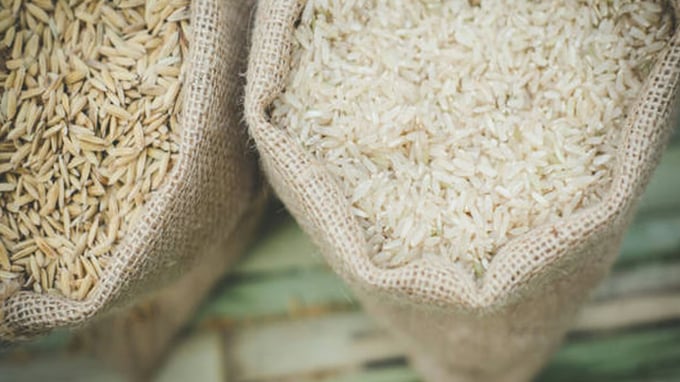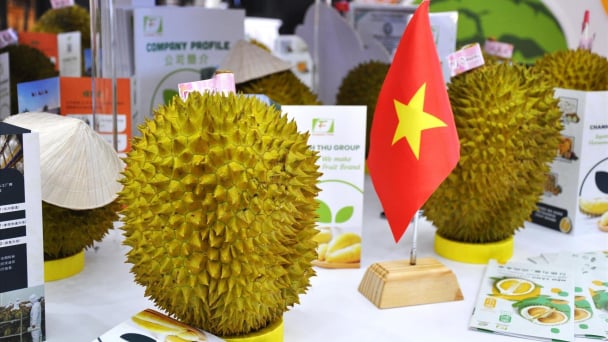May 31, 2025 | 07:54 GMT +7
May 31, 2025 | 07:54 GMT +7
Hotline: 0913.378.918
May 31, 2025 | 07:54 GMT +7
Hotline: 0913.378.918

The Indian government has lifted the ban on the export of broken rice, a decision that could potentially lead to a drop in global rice prices.
The Indian government has lifted the ban on the export of broken rice, a decision that could potentially lead to a drop in global rice prices. Experts estimate that India, the world's largest rice exporter, could ship over two million metric tonnes of broken rice to international markets.
The Directorate General of Foreign Trade (DGFT), in a notification dated 7 March, amended the export policy of broken rice from 'Prohibited' to 'Free' with immediate effect. The restriction had been in place since September 2022.
The Ministry of Commerce and Industry stated in the notification that India would allow 100 per cent export of broken rice, removing it from the restricted category. The ban was initially imposed due to concerns over El Niño-induced weaker monsoons, which led to lower rice production in 2023. However, surplus rainfall in 2024 resulted in a bumper rice harvest, prompting the government to ease the restriction.
The export ban had previously led to lower domestic rice prices and an increase in stock levels. Despite this, demand in the global market remains sluggish.
“The impact in the coming days would be a reduction in international rice prices,” said E Rajiv Kumar, a rice trade expert. “Since the stock is in abundance, therefore, prices in India will remain subdued.”
Experts believe that allowing exports could benefit African nations by making rice more affordable. Additionally, broken rice is in high demand in China, where it is used to manufacture livestock feed. Ethanol industries are also expected to purchase broken rice for biofuel production.
newindianexpress
/2025/05/30/5010-5-173638_943.jpg)
(VAN) On May 29, at the GO! My Tho Trading Center, the Tien Giang Department of Industry and Trade, in collaboration with Central Retail Corporation, held the opening ceremony of the 3rd Fruit Festival 2025.

(VAN) Reciprocal tariffs are exerting pressure on U.S. exports, prompting Vietnamese firms to shift their focus to Muslim markets, Thailand, and Brazil.

(VAN) A free booth for two years at Xinfadi, Beijing's largest wholesale market, will be allocated to Vietnam's agricultural products.

(VAN) Vietnamese shrimp exporters are actively looking for alternative markets and accelerating shipments to the United States in response to the pressure of impending reciprocal tariffs. This is occurring during a temporary tariff suspension.

(VAN) The import-export turnover between Vietnam and Singapore rose amid a trade rebound, with machinery, electrical equipment, and fuels making up the majority of the transaction value.

(VAN) Director General of the General Administration of Customs of China, Ms. Sun Mai Jun, has pledged to implement measures that will ease the import process for Vietnamese agricultural products.

(VAN) Although Vietnam is still increasing its coffee exports, the industry is currently in the process of determining market strategies in response to the U.S. imposition of reciprocal tariffs.